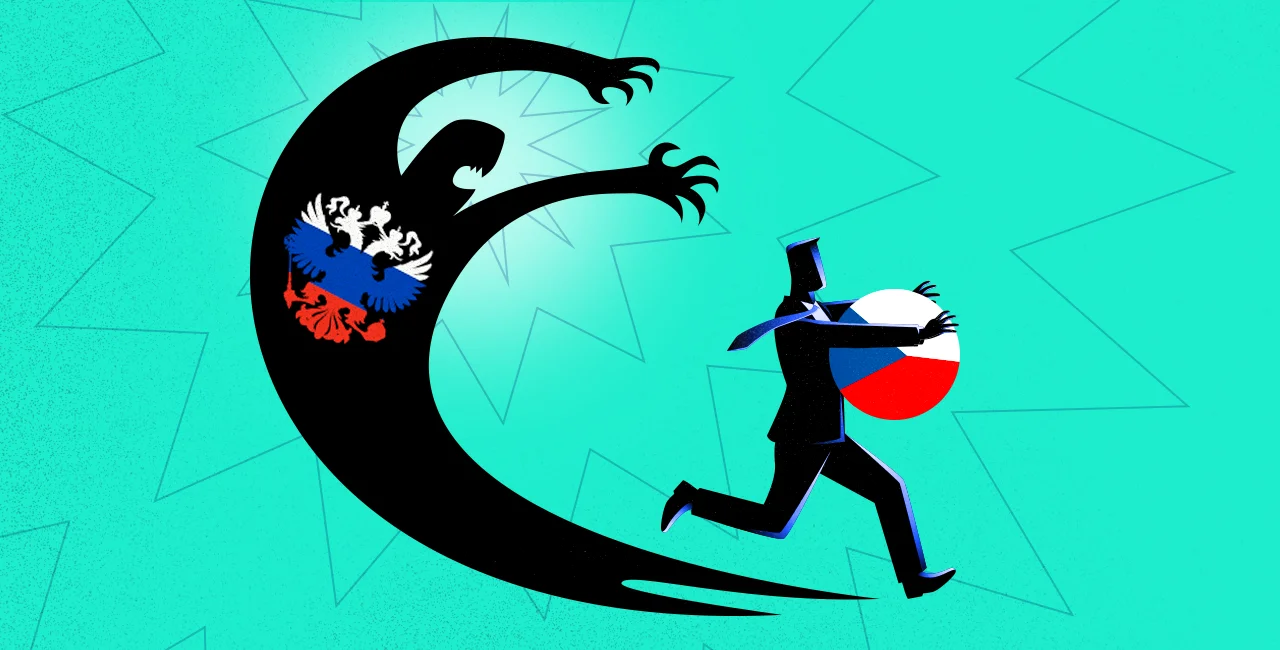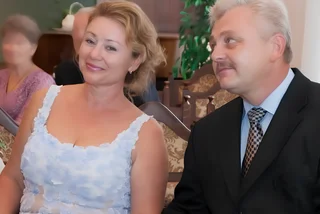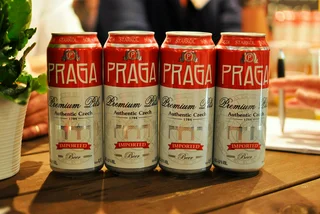Two separate developments – related to the same element – this week have underlined Russia’s continued and dangerous influence in Czechia in the past decade.
The discovery that a convicted Russian spy lectured at Czechia’s prestigious Charles University and the finding from credit agency Moody’s that Czechia has the highest number of Russia-linked companies in the EU show the – to many, unsettling – connection between both nations.
A spy in bare sight
Czech Police have revealed that Pavel Rubtsov, a Spanish-Russian journalist and ex-prisoner, was revealed to have been working as an agent for the Russian government during his time in Prague. According to Czech Radio, Rubtsov used his position as a lecturer at Charles University in 2018 and 2019 to gather information on the Russian opposition and pass it on to his commanding officers.
Rubtsov, who was born in Russia but lived in Spain under the name Pablo Gonzalez Yague, had been arrested in Poland in 2022 for his involvement in the Russian invasion of Ukraine. He was recently exchanged for 16 Russian prisoners as part of a swap between Russia and the West.
The university was unaware of Rubtsov's true identity and had no way of discovering it. However, after the case was uncovered, the university has "Taken concrete measures to increase institutional resilience against illegitimate influence," a Charles University spokesperson Ina Palacká said.
Marek Prihoda, one of the main organizers of the summer school where Rubtsov lectured, expressed disappointment, saying, "We are very sorry that an agent of a foreign country deceived the organizers and participants of the summer school." Rubtsov had been involved in selecting students for the program and also reported on members of the opposition Ilya Yashin and Vladimir Kara-Murza, who up until recently were also imprisoned.
Over 12,000 Russia-owned companies in Czechia
A Moody's report has found that, shockingly, over 40 percent of the 45,000 companies operating in the EU are (in)directly owned or controlled by Russian entities or people with dual Russian citizenship. Czechia has by far the most, with 12,400 Russian-linked companies operating in the country.
The EU has implemented new reporting requirements for banks and financial institutions, as part of its 12th package of sanctions against Russia. These measures, which went into effect this July, aim to identify and prevent possible violations of sanctions and track Russia's sources of income.
"This is a crucial step in maintaining the economic security of our member states," said Marek Vošahlík, spokesperson for the Czech Ministry of Industry and Trade told the Czech News Agency. "We have been closely monitoring the situation for some time, and will continue to examine any investments that may pose a risk to our country."
EU member states are responsible for evaluating reported information and detecting any potential violations or attempts to evade sanctions. Under the new rules, banks are required to report any transfers exceeding EUR 100,000 (about CZK 2.5 million) made by companies with over 40 percent Russian ownership.
Experts believe these tighter measures were necessary as some business owners had adapted to previous sanctions. However, other foreign policy experts have voiced doubt as to the extent of sanctions’ effectiveness.
A seminar entitled “Prospects for Change” in the Chamber of Deputies earlier this week saw analysts such as columnist Miroslav Karas claim that Western democracies have too high expectations of what sanctions against Russia can do, as the sanctions may hurt the Eastern country, but will not defeat it.
Continuing the fight against Russia
News of Russian influence comes as the country commemorated the 1968 Warsaw Pact invasion, which had been led by the Soviets. Prime Minister Petr Fiala and President Petr Pavel attended a ceremony for the event this week, with the former warning Czechia of omnipresent aggression: “History unfortunately tends to repeat itself,” the president said.
Urging unity in present-day times, Fiala said that the Soviets “miscalculated” their aggression, believing that society in then Czechoslovakia was more divided than it actually was. Drawing on today, the prime minister said the events of that time should remain a lesson in how valuable human freedom and an open society are.
Czechia has also decided that part of the revenue gained from frozen Russian assets in the country and the EU will be spent on supplies of Czech-sourced ammunition for Ukraine. The Czech government also has its own list of people, companies, and Russia-owned real estate that face sanctions – the state has seized or frozen several properties since 2022.
Earlier this summer, Czech Foreign Affairs Minister Jan Lipavský outlined his aims to restrict the movement of Russian diplomats in the Schengen Area and to defend Czechia against Russian imperialism during a Council of the EU speech.
Czechia also helped push through a new piece of EU legislation earlier this year that added pro-Russia media platform Voice of Europe (based in Prague) to the bloc's sanctions list.












 Reading time: 4 minutes
Reading time: 4 minutes 



























